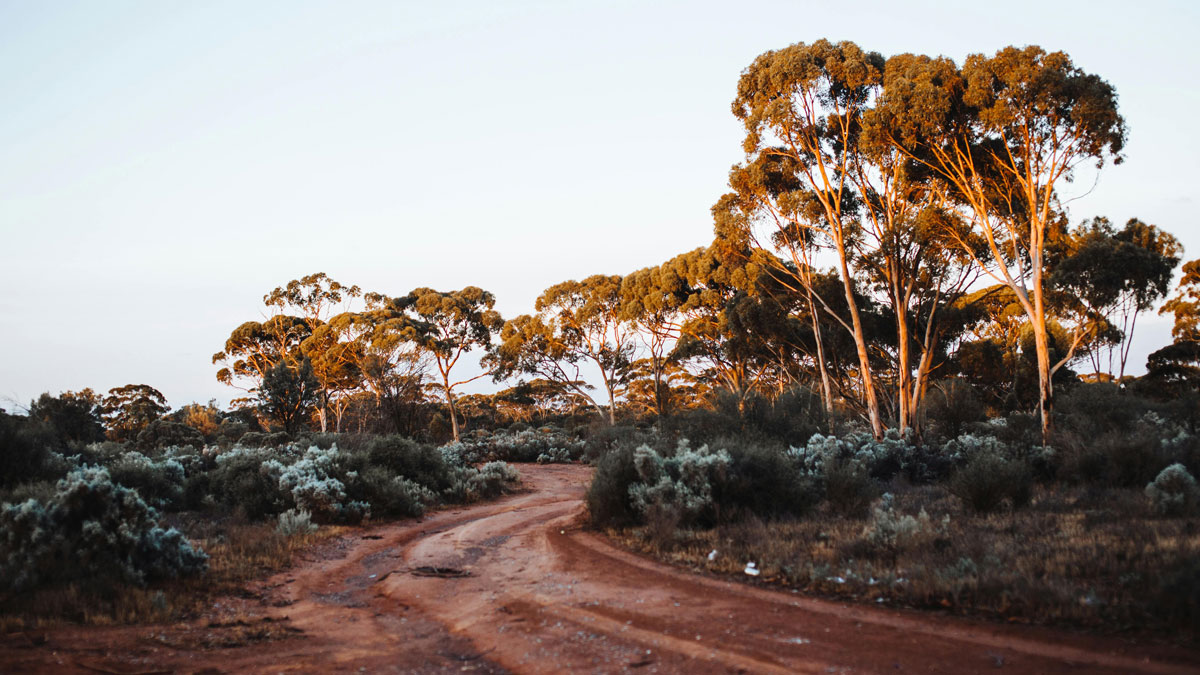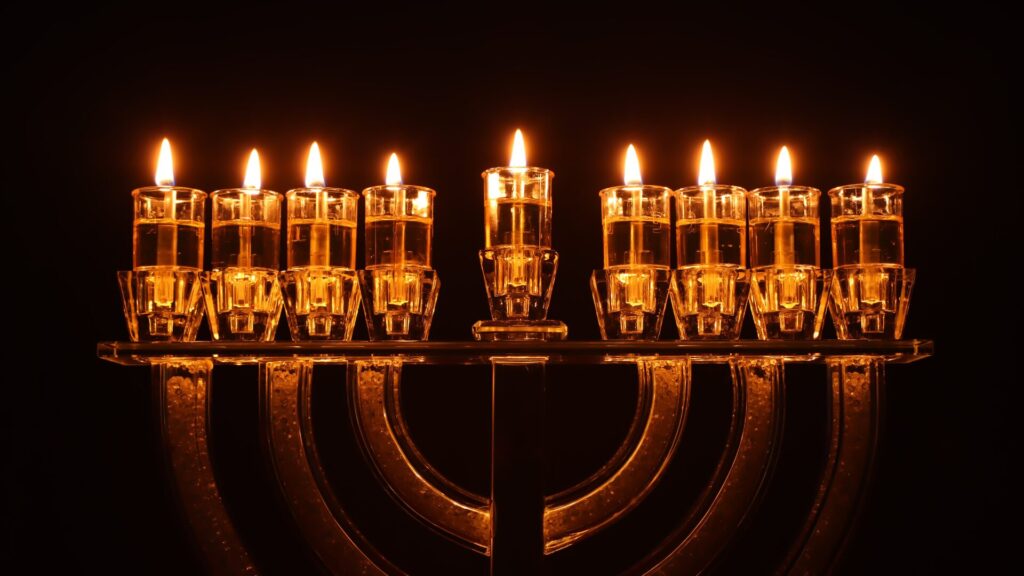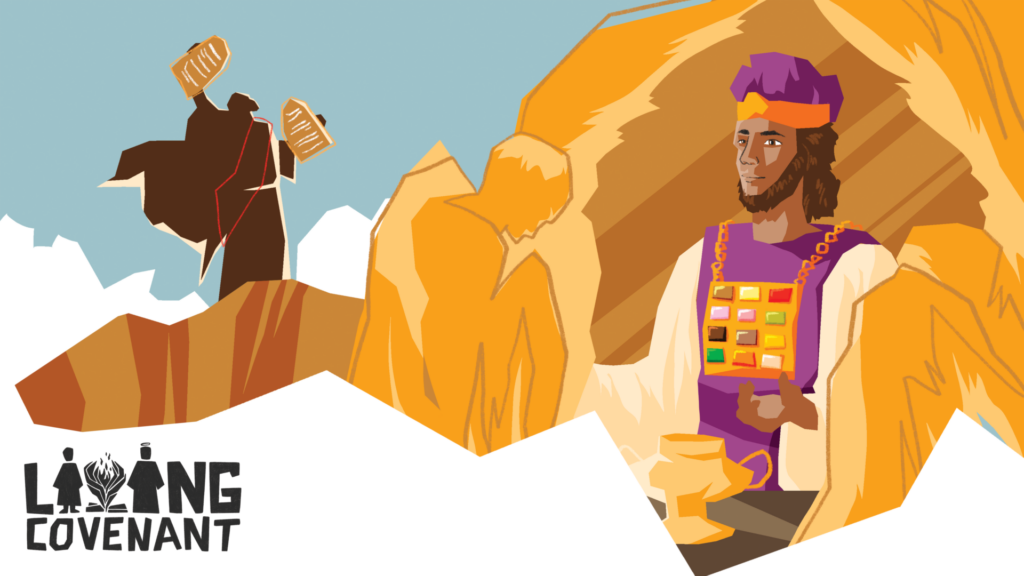When most non-Australians imagine the land Down Under, they picture kangaroos, crocodiles and red sand dunes. As someone who has spent most of his life on the east coast, this picture is often at odds with my lived reality. I grew up in the Southern Highlands—a region high on the Great Dividing Range sandwiched between the coast and the NSW interior. It’s a place that’s uniquely damp, receiving a higher-than-average rainfall. The result is a small area that more closely resembles regional England than Australia. Perhaps it’s no surprise that the film Babe (the one with the talking pig) was filmed outside my hometown of Robertson.
However, the other region of Australia I consider a childhood home couldn’t be more different. If you look at a map of Australia, you’ll no doubt be struck how the strip of green clinging to the coastline is relatively small compared to Australia’s vast, dry interior. I spent much of my childhood in Western Australia’s wheatbelt. My family briefly lived there when I was young but even when we’d moved “back east”, my siblings and I often spent months at a time during the summer holidays at my grandparents’ farm. If you’ve never been, the wheatbelt is vast. Paddocks stretch as far as the eye can see, with little punctuating the dry, golden land other than long fence lines, where scrawny gum trees, mallees and acacias grow. Even though the area is around 150,000 square kilometres, it is only home to around 75,000 people, or three per cent of Western Australia’s total population. For me, the wheatbelt is particularly special. My great-grandfather was a pioneer, encouraging many Seventh-day Adventists to settle the area, clearing the bush and transforming it into arable farmland. He also founded East Narembeen Seventh-day Adventist Church. Though the original building no longer stands, it’s still a vibrant community to this day.
Recently, I had the opportunity to visit the area in winter. I’ve never seen the country during Makuru (one of the six Aboriginal Noongar seasons, typified by rain and cold weather). My wife, who’d never been to the wheatbelt, commented “this isn’t the WA I imagined”. It’s lush, green and wet—not at all how you’d imagine it. What appears dry and barren during summer, just after the harvesting season, transforms into life-giving abundance upon the coming of Makuru. Western Australia is as changeable and surprising as it is vast.
One thing is for sure though: during the summer, it’s hard to imagine anything living there; much less thriving. I can’t help but consider the seasons we all go through. Some feel abundant, whereas others feel dry, barren and devoid of life. When I think of the desert seasons in my own life, they’ve often felt like they’ll last forever. Whether it’s waiting for that job to get better (even though it never will), a relationship that’s no longer as fulfilling as it once was or the longing to hear God’s voice—and being greeted with only silence—the desert threatens to swallow up all that’s good and green and full of life and choke it forever.
However, I’ve also noticed that it’s in the desert places that God does His best work. The Creation account in Genesis 2 sees God plant a garden in a desert: “Now no shrub had yet appeared on the earth and no plant had yet sprung up . . .” (Genesis 2:5).
Hagar and Ishmael meet God in a desert: “The angel of the Lord found Hagar near a spring in the desert . . .” (Genesis 16:17).
And when God’s people are suffering under exile, God promises to make water in a desert: “See, I am doing a new thing! Now it springs up; do you not perceive it? I am making a way in the wilderness and streams in the wasteland” (Isaiah 43:19).
Deserts are where we’re at our lowest—where there’s no other way out. Deserts also provide an opportunity for God to do what only He can do. In my life, it’s often my own hubris that brings me into the desert place. And when confronted with the results of my own choices, sometimes all we can do is reach out to God. If you’re in a desert today, reach out to God. He’ll meet you there—and who knows what rivers He may release into your life.






